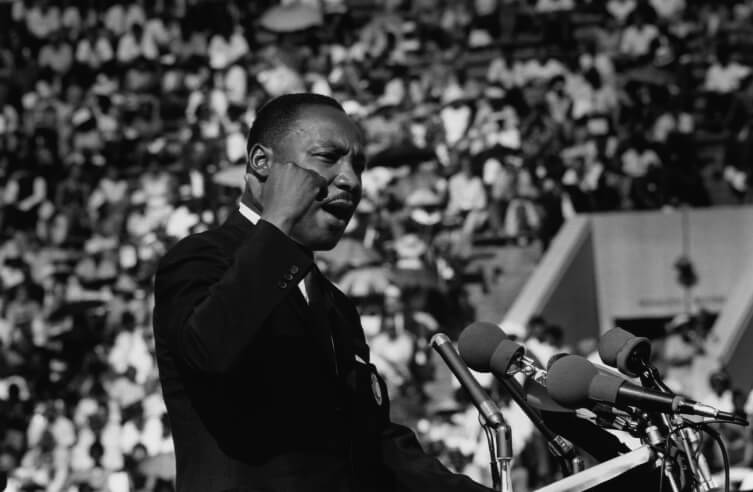BEIJING (AP) — China toned down its rhetoric on Taiwan on Wednesday, saying it is inevitable that the self-governing island will come under its control but that it would promote efforts to achieve that peacefully.
The comments followed recent remarks by President Joe Biden that the U.S. would defend Taiwan if China were to invade and came a day after U.S. and Canadian warships sailed through the Taiwan Strait.
They don’t appear to signal a change in policy as much as a broader attempt to calm the waters on multiple fronts in the runup to a major meeting of the ruling Communist Party next month.
“I would like to reiterate that … we are willing to strive for the prospect of peaceful reunification with the greatest sincerity and utmost efforts,” Ma Xiaoguang, the government spokesperson on Taiwan, said when asked about growing concern that China might resort to force.
China and Taiwan split in 1949 during a civil war that brought the Communist Party to power on the mainland. The rival Nationalists retreated to Taiwan and established their own government on the island off China’s east coast.
China launched missiles into the waters around Taiwan during major military exercises held last month in response to a visit by senior U.S. lawmaker Nancy Pelosi, the speaker of the House of Representatives.
Ma, speaking at a news conference on the Taiwan issue, did not use the word force in his response, as he has in the past. Instead, he said that China would take “resolute measures” against any provocative moves by Taiwan or its international supporters.
He said that China would introduce more policies to help Taiwan, highlight the benefits of integration with China and encourage people-to-people exchanges.
“The motherland must be unified and will certainly be unified,” Ma said, calling it “a historical trend that no one can stop.”
But Taiwanese, who have grown accustomed to democratic freedoms, appear unlikely to join China voluntarily — particularly after China’s crackdown on dissent in Hong Kong, a former British colony returned to China in 1997.
China’s military, for the second time in recent weeks, noted the sailing of a U.S. warship through the Taiwan Strait without calling it provocative, as it had done earlier this year.
Chinese forces monitored the USS Higgins, a guided-missile destroyer, and a Canadian frigate, the HMCS Vancouver, spokesperson Col. Shi Yi said in a statement. He added that the military would resolutely defend national sovereignty and territorial integrity.
Foreign Ministry spokesperson Wang Wenbin was more outspoken, accusing the U.S. of stirring up trouble and ganging up with other countries to exert pressure.
The U.S. Navy said in a statement that Tuesday’s joint maneuver “demonstrates the commitment of the United States and our allies and partners to a free and open Indo-Pacific.”





















